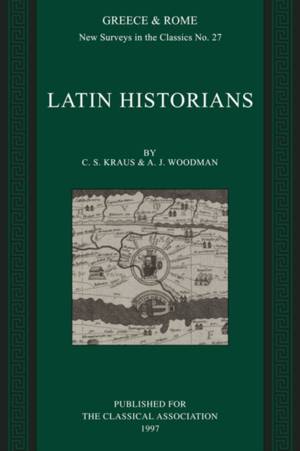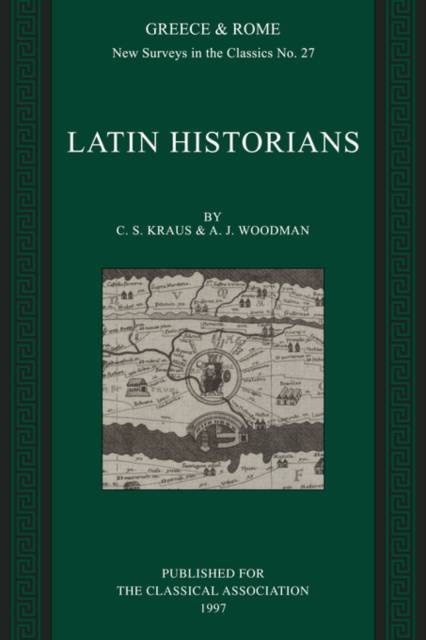
Bedankt voor het vertrouwen het afgelopen jaar! Om jou te bedanken bieden we GRATIS verzending (in België) aan op alles gedurende de hele maand januari.
- Afhalen na 1 uur in een winkel met voorraad
- In januari gratis thuislevering in België
- Ruim aanbod met 7 miljoen producten
Bedankt voor het vertrouwen het afgelopen jaar! Om jou te bedanken bieden we GRATIS verzending (in België) aan op alles gedurende de hele maand januari.
- Afhalen na 1 uur in een winkel met voorraad
- In januari gratis thuislevering in België
- Ruim aanbod met 7 miljoen producten
Zoeken
Omschrijving
In recent decades there has been a complete revolution in the way we read the historians of Greece and Rome. Their works have been shown to be quite different in nature from those of today's historians; instead, their techniques and assumptions have much in common with those of Homer or Virgil. Using these narratives as sources for ancient history has become more problematic than ever before, as we come to understand better how their style (the medium) and content (the message) shape each other. This book briefly introduces this revolution as it affects our reading of Latin historical writing, and then provides authoritative and informative discussions of the three major Latin historians of the classical period: Sallust, Livy, and Tacitus. The focus is on narrative technique and structure, intertextuality, and close reading, and the discussions are as accessible to beginning students as they are useful to experienced teachers.
Specificaties
Betrokkenen
- Auteur(s):
- Uitgeverij:
Inhoud
- Aantal bladzijden:
- 140
- Taal:
- Engels
- Reeks:
- Reeksnummer:
- nr. 27
Eigenschappen
- Productcode (EAN):
- 9780199222933
- Verschijningsdatum:
- 3/07/1997
- Uitvoering:
- Paperback
- Formaat:
- Trade paperback (VS)
- Afmetingen:
- 160 mm x 234 mm
- Gewicht:
- 231 g

Alleen bij Standaard Boekhandel
+ 95 punten op je klantenkaart van Standaard Boekhandel
Beoordelingen
We publiceren alleen reviews die voldoen aan de voorwaarden voor reviews. Bekijk onze voorwaarden voor reviews.









